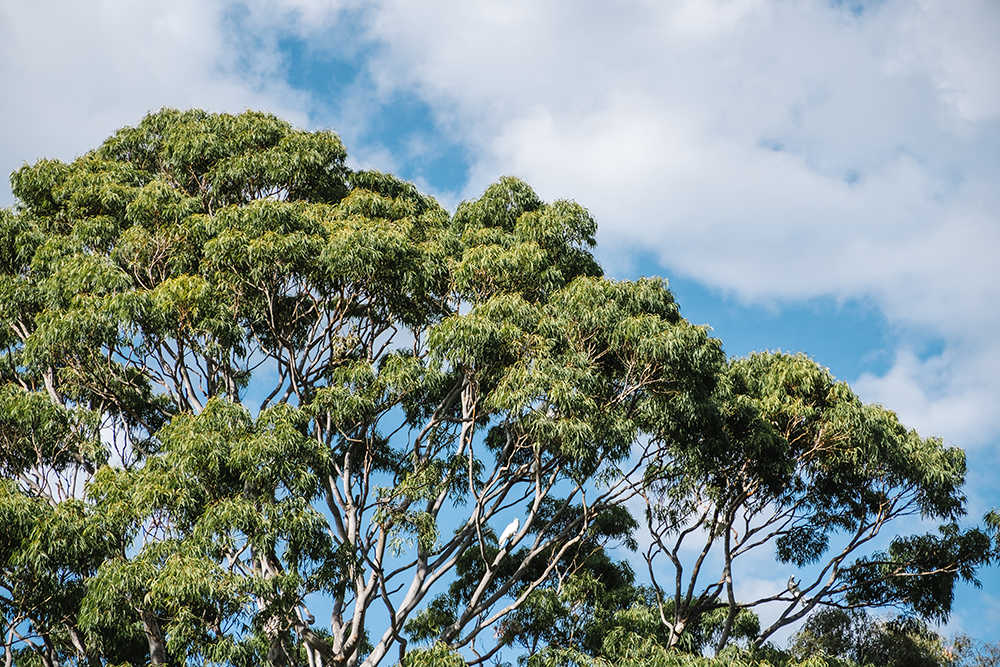


Florida's unique and diverse array of flora is under siege by an inconspicuous yet formidable enemy—Invasive tree species. These non-native botanical bullies jeopardize the state's ecosystems, habitats, and agricultural productivity, posing a significant environmental and economic threat.
As a resident or landowner in Oviedo, FL, awareness about invasive tree species is imperative. Understanding their impact, how to identify them, and the measures for their management is not just an environmental responsibility—it's a safeguard for the verdant beauty that is quintessentially Florida.
Florida's landscape harbors an alarming number of invasive tree species, some of which may be thriving in your own backyard. Among the most notorious are:
Originally from Australia, this nefarious invader is a water-guzzler, rapidly colonizing wetlands, and outcompeting native flora that's crucial for biodiversity.
Also known as the Florida Holly, Brazilian Pepper crowds out indigenous species and can grow into dense thickets that impede the growth of native plants.
Despite their name, these trees hail from Australia as well and are notorious for their prolific reproduction, which shades out native species, altering the natural fire regime, and harming local fauna.
The unchecked spread of these invasive tree species has profound consequences, such as:
Native plants are the cornerstone of Florida's ecological balance. Invasive trees disrupt this equilibrium by monopolizing resources, leaving native plants without the sustenance they need to survive.
Invasive trees not only necessitate costly management and control measures but also damage agricultural lands, put aesthetic and recreational values at risk, and can even increase fire hazards due to their flammable nature.
Some invasive species can exacerbate allergies and asthma. Additionally, their growth can result in loss of visibility on roads, increasing the risk of traffic accidents.
Recognition is the first step toward stewardship. Learn to identify invasive trees on your property through:
Characteristics such as distinct leaves, rapid growth rates, aggressive spread, and prolific seed production are indicators of invasive behavior.
Engaging with local arborists, environmental consultants, or the Florida Department of Agriculture & Consumer Services is wise, as they can provide informed guidance on control strategies and regulations.
Mechanical and chemical methods are common, but holistic approaches that include controlled burns, cultural management, and biological controls should be considered. These methods must align with local laws and best practices set by environmental agencies.
As a stakeholder in Oviedo, FL, you have a crucial role in invasive species management, whether you're a homeowner or a land manager. What can you do?
Regular monitoring and control of invasive trees on your property not only protect your own land but also contribute to a healthy, balanced ecosystem in your community.
Keeping abreast of local conservation initiatives and participating in community programs will not only educate you further but also provide opportunities to be part of the solution.
Supporting legislation and policies that inhibit the spread of invasive tree species is essential. Be a vocal advocate for sustainable land management practices at all levels.
In conclusion, the battle against invasive tree species is ongoing, but not insurmountable. By fostering partnerships between community members, local organizations, and government agencies, we can fortify our ecosystems against these intruders.
At Drinkwater & Drinkwater, we understand the significance of this issue. As leaders in land clearing and environmental restoration in Oviedo, FL, we pledge to work with you to address the invasion of these aggressive trees on your properties. If you need help with land clearing in Oviedo, FL, contact us today for environmentally sensitive solutions and take a decisive step towards preserving Florida's natural legacy. Together, let's reclaim our land, protect our future, and ensure that the Sunshine State continues to shine with natural glory.